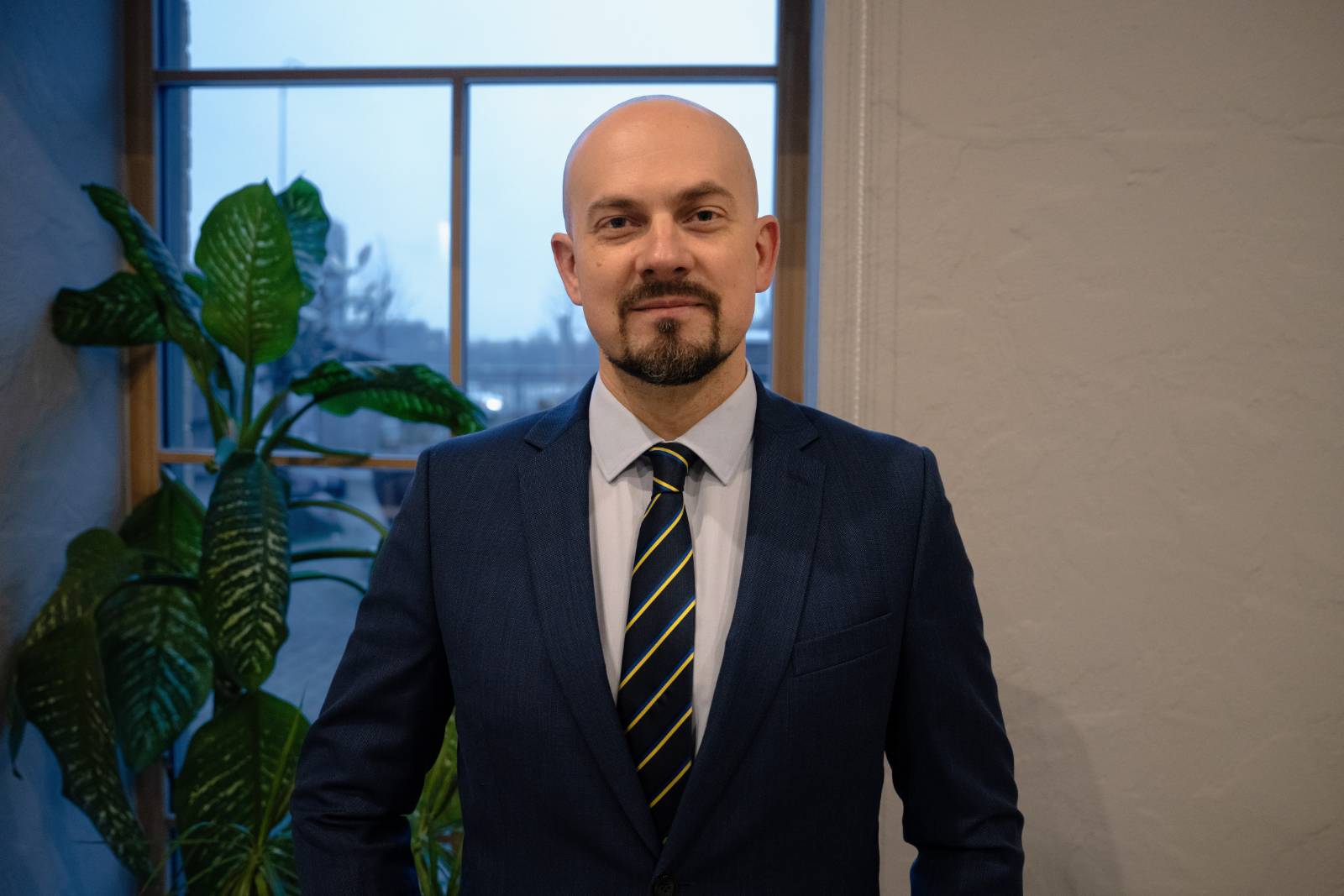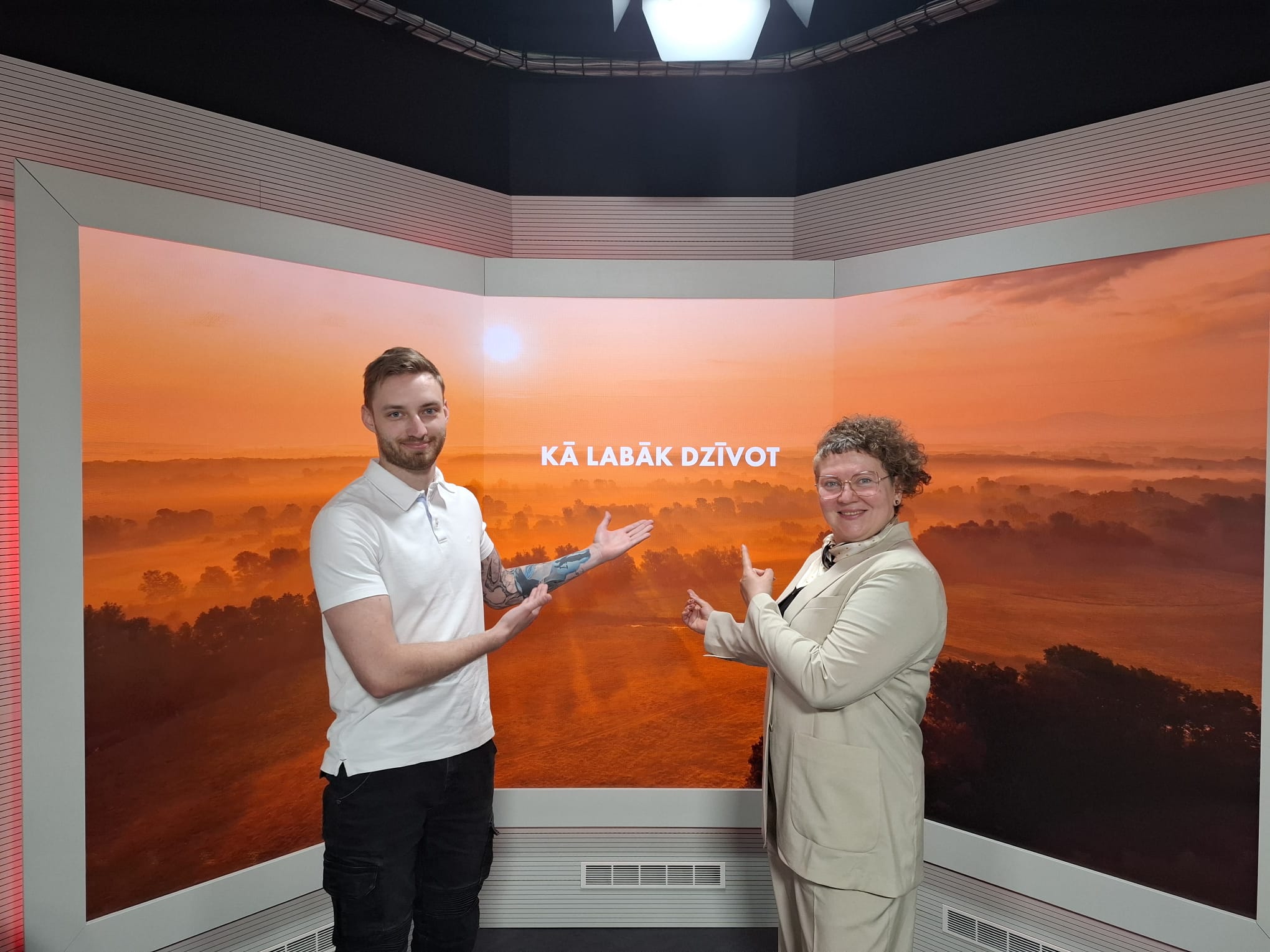23.10.2024
The think tank “Resilience of Healthcare Systems” established in response to the security challenges posed by the geopolitical situation

Foto: Pexels
In October this year, the newly established think tank “Resilience of Healthcare Systems” was granted association status. Its goal is to ensure the sustainability and resilience of a people-centered, comprehensive, and integrated healthcare system, while also strengthening the resilience and responsiveness of the healthcare and pharmaceutical sectors. The think tank was founded by nine influential figures from the healthcare, defense, and education sectors.
The idea was initiated by Sandra Zilberta, a public figure and strategic communications expert. Among the founders are Kristīne Jučkoviča, a leading figure in the healthcare NGO sector and author, writer Kristīne Jučkoviča, Riga Stradiņš University lecturer and human rights expert Ilze Bērziņa, Emergency Medical Service Director Liene Cipule, Senior Expert at the Ministry of Defense’s Security and Defense Investment Policy Department Biruta Kleina, Andrejs Petrovs, Project Manager of the Youth Division of the Latvian Transatlantic Organisation; Evija Ansonska, Advisor to the Rector of the University of Latvia on Strategic Communication; Zane Dzirkale, Professor at the University of Latvia; Raina Dūrēja-Dombrovska, Executive Director of the Latvian Association of Pharmaceutical Manufacturers.
The founders are a group of like-minded people who, by bringing together high-caliber professionals, see opportunities to offer solutions to problems that are foreseeable but have not yet been included in the policy-makers’ agenda or have been included too late. The range of sectors represented by the founders allows them to form a unified vision by combining their diverse experience and knowledge.
“The association’s task is to promote the exchange of ideas between experts and practitioners, improve public awareness of preparedness for various challenging situations and civil protection, thereby strengthening the resilience and response capacity of the healthcare system in critical situations. The overall preparedness of society, national defense, and the resilience of various sectors are part of the national security system. Participation in the think tank is an opportunity for me to delve into various aspects of the resilience of the healthcare system, not only in the field of emergency and disaster medicine, but also in other essential processes, such as primary and pharmaceutical care, and ensuring the availability of medicines and healthcare services in crisis situations. It is my opportunity to strengthen those who are already strong – medical professionals and healthcare workers, because they are the invisible fighters in crises both big and small,” emphasizes Liene Cipule, Head of the Emergency Medical Service.
The think tank’s values include loyalty to the Latvian state, the values of the European Union and NATO, as well as independence and transparency. Other important values are public information, accountability, knowledge transfer and research-based opinions.
Evija Ansonska, advisor to the rector of the University of Latvia, explains: “The backbone of any system is knowledgeable people and knowledge-based, reliable information, which is why the involvement of the education sector and the academic community in strengthening Latvian society and the healthcare system is crucial. Expert discussions on health as security and the implementation of nationally significant initiatives are an effective tool for knowledge transfer and fertile ground for sustainable social innovation.”
Taking into account the OECD recommendations following the COVID pandemic, regular challenges in the supply of medicines, geopolitical instability and direct security threats to the Baltic states, as well as the experience of critical medicine shortages in Ukraine, it is essential to learn from experience and develop the resilience of Latvia’s system in potential crisis situations.
“The think tank focuses on citizens and the accessibility of healthcare systems in any crisis situation. Our civic responsibility is to bring together strong leaders and practitioners to promote cross-sectoral cooperation in Latvia, the Baltic States and on a broader international scale. It is also important to establish cooperation with other non-governmental organizations and ensure knowledge transfer in cooperation with universities and research institutions,” emphasizes Sandra Zilberta, founder and chair of the board of the think tank.
The think tank will establish new partnerships by conducting research and organizing events in Latvia, the Baltic States and internationally. There are plans to develop sustainability manuals, personalized training for industry professionals in crisis management and business continuity guidelines, as well as to ensure knowledge transfer with the help of cooperation partners at the national, Baltic Sea region and international levels. The think tank’s board consists of Sandra Zilberta, Kristīne Jučkoviča and Ilze Bērziņa.



